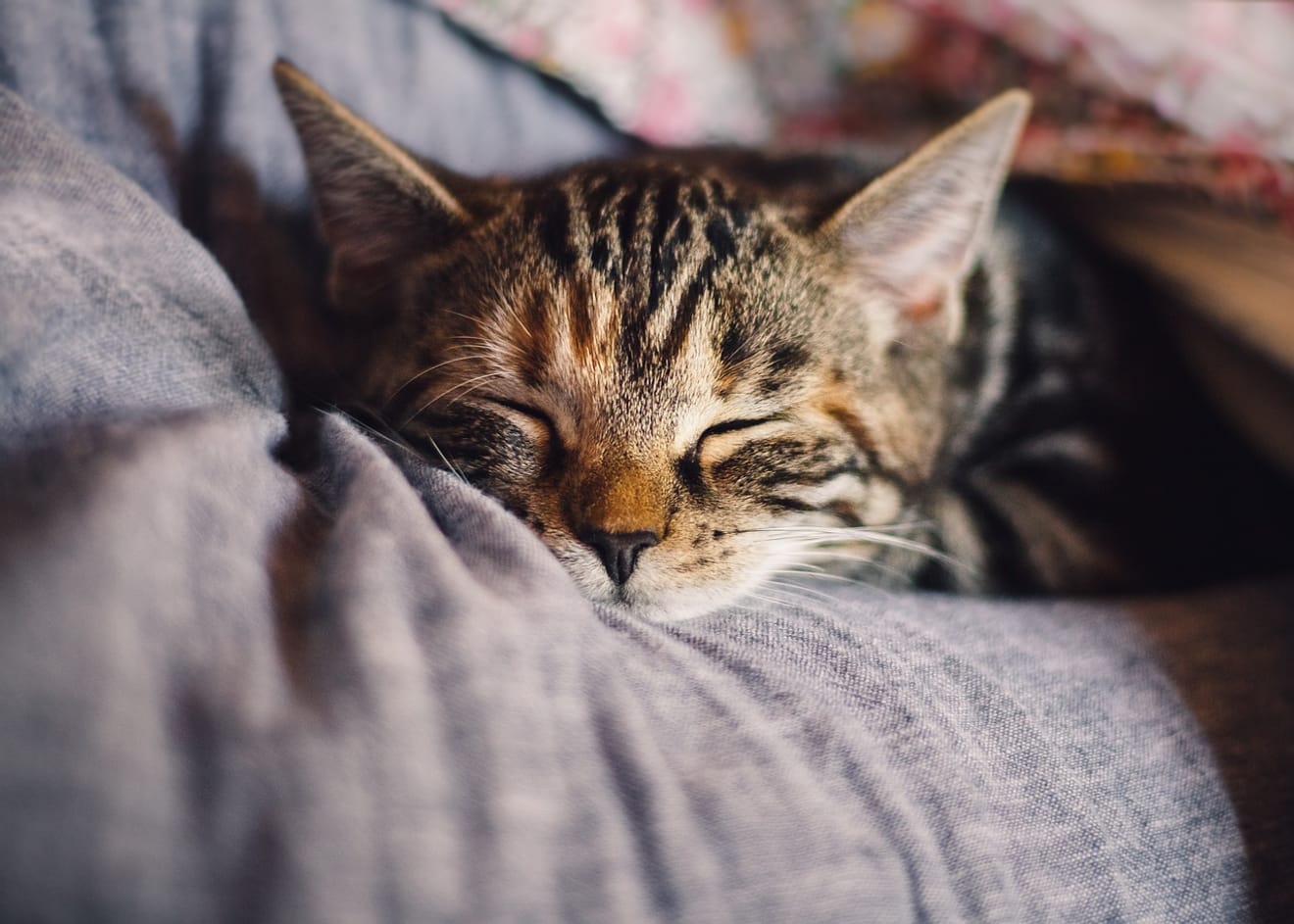Subject
- #Cat Vomiting
- #Cat Disease
- #Cat
- #Sick Cat
- #Cat Appetite
Created: 2024-01-29
Created: 2024-01-29 11:13

Source: Pixabay
Hello! Today, we're going to learn about the symptoms and how to deal with them when your cat is sick. Cats are naturally inclined to hide their illnesses from predators to protect themselves. Therefore, it's essential to observe them closely to detect any signs of illness. It's beneficial to know what symptoms indicate that your cat is not feeling well. So, shall we take a look?
Firstly, changes in appetite are often the easiest to notice. If your cat eats less or more than usual, or if it loses interest in its favorite treats, it could be a sign that it's not feeling well.
You can monitor your cat's defecation and urination through its litter box. Observe any changes in the frequency or consistency of their bowel movements. Particularly, be aware of blood in the urine. This could be due to urinary tract issues, bladder stones, or cystitis. Using light-colored litter can make it easier to spot hematuria, so keep that in mind.
Cats often vomit to expel hairballs. However, if they vomit repeatedly or at a different pace than usual, it might signal a health problem. If you notice blood in the vomit, it's crucial to seek veterinary attention immediately.
If your usually active cat suddenly becomes quiet, it could be a sign of illness. Pay close attention if they lose interest in their favorite playtime, become less energetic, or sleep more than usual.
Cats naturally enjoy high places. If your cat avoids heights or struggles to jump, it might indicate a problem with its paws or joints. In such cases, it's advisable to get them checked promptly.
If your cat's meows or vocalizations sound different than usual, it might be expressing discomfort or pain. They might purr excessively or make unusual meows when feeling unwell or experiencing pain, so be mindful of this.
Cats often groom themselves when stressed or uncomfortable. If your cat is grooming excessively, it might be a sign that something is wrong. Conversely, if they groom less than usual, it could indicate that they lack the energy to do so.
Since cats tend to conceal their illnesses, it can be challenging to notice symptoms, and sometimes, diseases are discovered too late. If you are aware of these common symptoms and detect any changes in your cat's behavior, consider taking it for a checkup. However, above all, we hope our feline companions remain healthy and free from illness! We hope this post has been helpful, and thank you for reading it. :)
Comments0